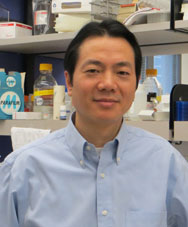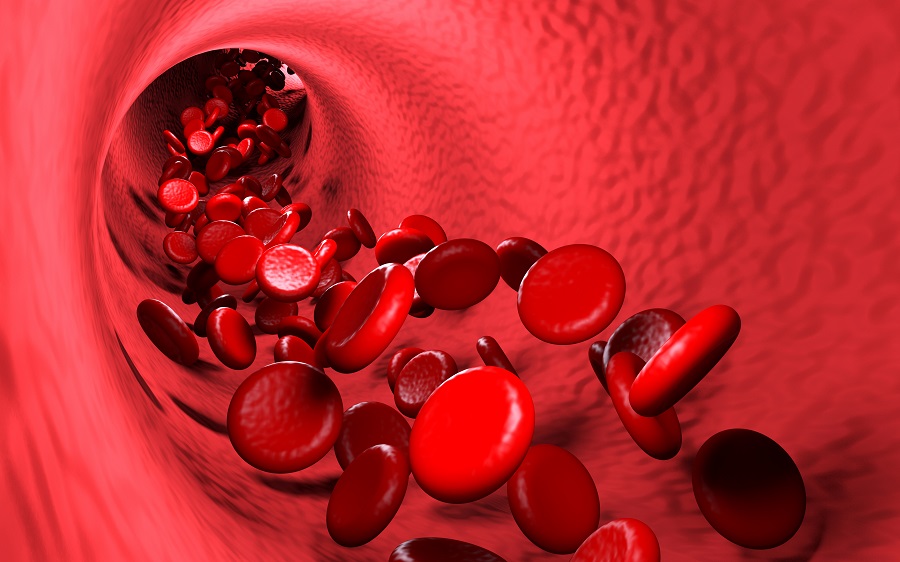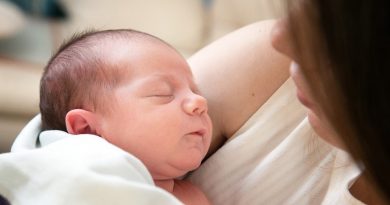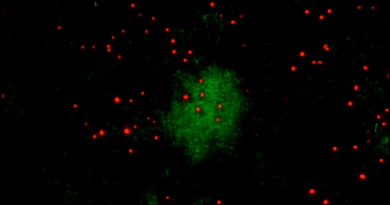Cellular process required for vaccine protection identified
Memories don’t just happen in the brain – our immune system also can maintain long-term memory against viruses. That is why vaccinations have been the most widely used strategy to protect against viral infection for centuries. However, the cellular processes that control our immune system’s “memory” have yet to be fully explained. Researchers at Baylor College of Medicine have now shown that autophagy (the process responsible for regulations, synthesis and degradation of cellular components) plays a crucial role in this process.
The findings, which appeared in a recent edition of Nature Medicine, focus on influenza and how cells known as memory B cells in mice models are maintained by this process and could be a future target for therapies to improve the efficacy or “memory” of these cells.

“When a person is infected with a virus, antibodies respond. Many clear away after the infection but those that remain are called memory B cells, which help support a second antibody response when the virus is reintroduced,” said Dr. Jin Wang, associate professor of pathology & immunology at Baylor and first author on the study. “What we show in our study is that memory B cells display elevated levels of basal autophagy (the earliest stages of this process) with increased expression of genes that regulate autophagy maturation.”
Researchers were able to create a mice model with B cell specific deletions of the gene Atg7, which regulates autophagy. When the influenza vaccine was introduced, initial antibody response was normal. However, there was a severe loss of memory B cells and a decreased secondary antibody response, which is responsible for protection when the virus is introduced.

Dr. Min Chen, assistant professor of pathology & immunology at Baylor said these results show the process of autophagy is necessary for a vaccine to work.
“Our results suggest that autophagy is essential for the survival of virus-specific memory B cells in mice and the maintenance of protective antibody responses required to combat infections,” said Chen. “Without it, the reappearance of the virus could lead to high viral loads, widespread lung destruction and increased fatality.”
Researchers say the findings could lead to the development of therapeutics to boost the efficacy of vaccination by targeting the molecular pathways regulating autophagy.
Others who took part in this study include Drs. Monica Jeongsoo Hong, Lei Wang, Xiurong Shi, Brian E. Gilbert, David B. Corry and Farrah Kheradmand, all of Baylor.
Funding for the study came from the US National Institutes of Health (R01GM087710, R01DK083164, and R01HL117181) and the US Department of Veterans Affairs merit award.



